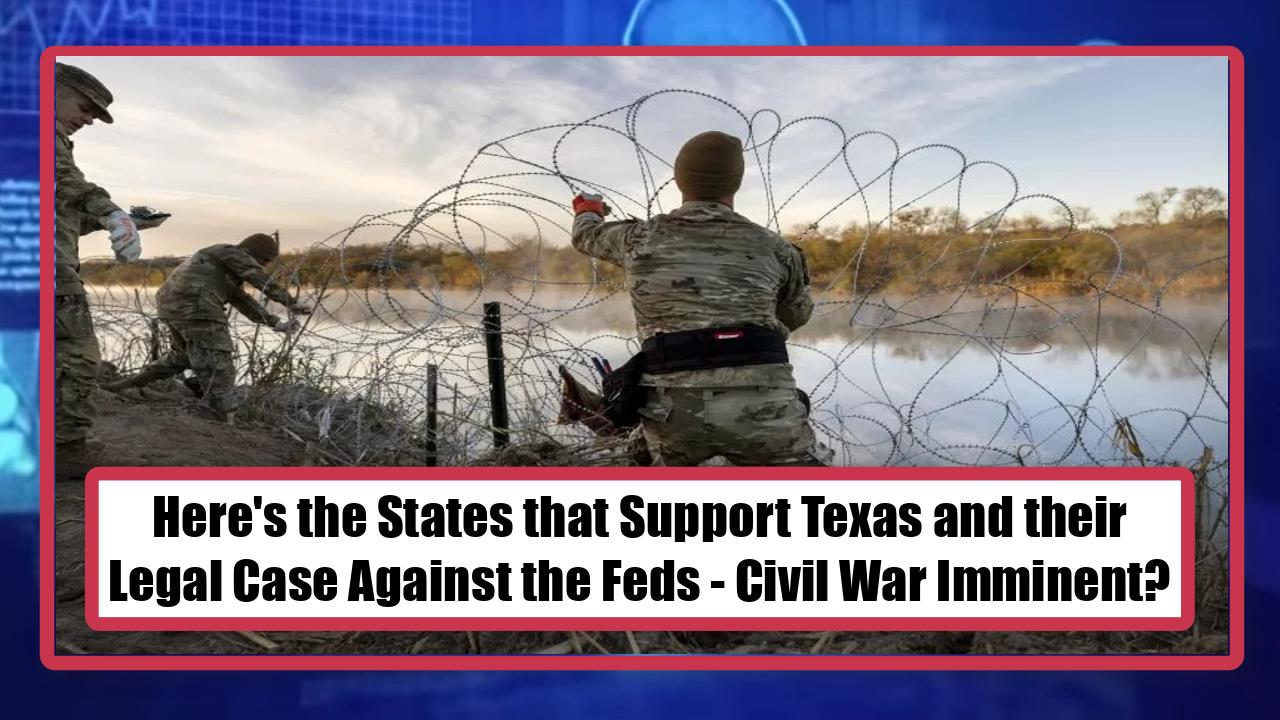Video:
Take our online poll:
AI Analysis:
The U.S. Constitution grants the federal government the authority to regulate immigration and border control. According to Article I, Section 8, Clause 4 of the Constitution, Congress has the power "To establish an uniform Rule of Naturalization." This clause gives the federal government the authority to establish rules for the process by which immigrants become citizens.
While the Constitution grants the federal government authority over immigration policy, individual states do not have the explicit power to conduct their own foreign affairs, including border protection or immigration enforcement. The Supremacy Clause (Article VI, Clause 2) of the Constitution establishes that federal law takes precedence over state law when there is a conflict.
In practice, the federal government, through agencies like U.S. Customs and Border Protection (CBP) and Immigration and Customs Enforcement (ICE), is primarily responsible for border protection and immigration enforcement. States can cooperate with federal authorities, but they do not have the constitutional authority to independently conduct their own border protection or set their own immigration policies. States may, however, have some authority over certain aspects related to immigrants' rights and benefits within their borders.
The Compact Clause in Article I, Section 10, Clause 3 of the U.S. Constitution does provide for specific circumstances where a state may act without the consent of Congress. It mentions that a state can engage in war if "actually invaded, or in such imminent Danger as will not admit of delay."
In the context of self-defense or protection against invasion, if a state, such as Texas, genuinely feels that it is actually invaded or faces an imminent danger that cannot be delayed, it may argue that it has the right to take defensive actions. However, the interpretation of this clause is subject to legal and constitutional analysis.
In practical terms, the use of military force or engaging in activities typically associated with war is a serious matter and is generally under the jurisdiction of the federal government. While states have the inherent right to self-defense, the deployment of military force often involves federal authorities, and any unilateral actions by a state may raise constitutional and legal questions.
In situations where a state feels threatened or invaded, the appropriate course of action would involve coordination and communication with federal authorities, and any defensive actions taken should align with both federal and state laws. The federal government, through agencies like the military and law enforcement, is generally responsible for the defense of the nation and responding to external threats.
Chart:
References:


Comments